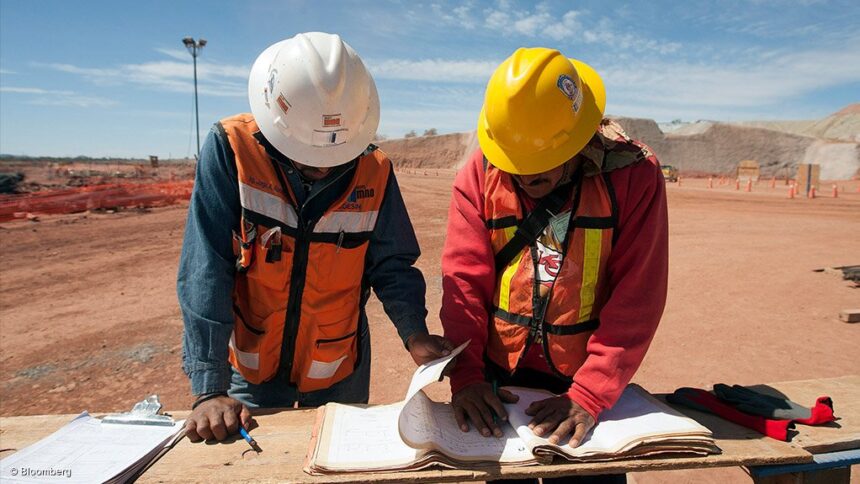The Standing Committee on Economics and Public Administration held a consultative meeting last week with the mines ministry to seek clarification on challenges, and how the committee can help the ministry address identified challenges.
The committee also discussed the effectiveness of exclusive prospecting licences (EPLs) in improving the living standards of Namibians, and value-addition to natural resources by right holders. The standing committee has a mandate to monitor, enquire and make recommendations to the National Assembly on matters pertaining to the domestic economy.
Chairperson of the committee, Natangwe Ithete, said in his opening statement that some challenges were identified which hamper industrialisation and trade enhancement in the country. “The committee saw it necessary to invite the ministry in order to be briefed on how the ministry intends to resolve the famous illegal trading of fuel at the Oshikango border post that has affected most of the service stations in the northern parts of Namibia,” he stated. Furthermore, the chairman noted a need for the ministry to explain government shareholding, and how share percentages are determined for investors in the mining and oil exploration industries as well in terms of value- addition to natural resources.
He lamented outdated laws and regulations, lack of forward and backward linkages between economic sectors, inadequate coordinate planning and implementation of joint projects, fragmented business support programmes, inadequate tax and non-tax based investment support, and the country’s declining competitive rankings. These factors, he said, are causing Namibia not to derive maximum benefits from the mining sector.
Ithete further stated that owners are crying to government that they no more make a profit from service stations in the northern parts of the country due to the illegal smuggling of fuel. This issue is affecting employers and employees, as many are losing their jobs due to the closure of service stations.
“Investors are losing money; we need to do something as government in a collective manner. How do we expect investors to pay back loans if we sit and say there is nothing we can do?” he questioned.
Answering questions posed by the committee, mines minister Tom Alweendo said the illegal smuggling of oil from the neighbouring country, Angola, is triggered by the low cost of oil that the Angolan government subsidises.
“Angola’s fuel comes from the same market as ours. It is only cheaper because of their government subsidies, which accounts for about 75% of the cost. The Angolan government is unhappy because they now subsidise Namibian consumers,” he added. Alweendo reasoned that a possible long-term solution is to invest in a regional refinery. Both countries have crude oil, and it would thus be beneficial to invest in one refinery.
He said the ministry is experiencing a huge challenge with devising a solution due to the lengthy and open border. Furthermore, the ministry completed a study that identified some commodities which can be beneficiated. The minister explained that this study focused on establishing a manufacturing plant, which is a strategy now being pushed by the industrialisation ministry.
According to Alweendo, Namibia produced US$914 million (N$15 billion) worth of rough diamonds last year. The total mining industry accounts for about 10% of gross domestic product (GDP), 40% of export revenue, and 7% of annual government revenue. Petroleum commissioner in the ministry Maggy Shino recently said the upstream petroleum fiscal system gives Namibia an opportunity to participate in the industry with minimal risk in terms of capital requirements, as the oil industry is highly capital-intensive. “The royalty and concession system allows our government to get revenue upfront immediately from when the production starts without laying out any capital,” she explained.
President Hage Geingob on Monday last week said during his visit to Namib Desert Diamonds (Namdia) headquarters in Windhoek that the inward circulation of the rewards from natural resources would result in greater opportunities for social and economic mobility and prosperity, where Namibia’s human capital can advance and thrive.
Through Namdia, Geingob noted, government can bolster its efforts and draw investments that further promote value-addition and beneficiation within the diamond industry.


